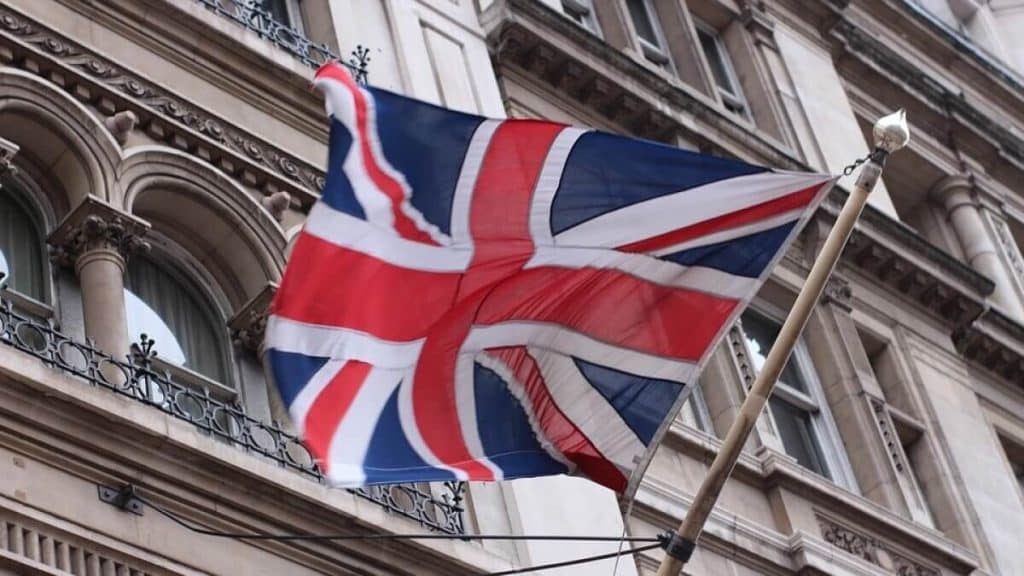New documents reveal London’s duplicity in relations with the Zionist regime.
The Guardian newspaper reported today, citing internal documents released under the Freedom of Information Act, that British Foreign Office officials recommended supporting a visit to Tel Aviv by the government’s trade envoy, Lord Ian Austin, just days after the announcement of the suspension of trade talks, to send a “message of reassurance” to the Israeli business community. The documents state that the mission, although carried out without an official ministerial signature, was carried out in coordination with senior Foreign Office staff and included high-level business meetings.
According to the Guardian, the trip came less than two weeks after then-British Foreign Secretary David Lammy announced the suspension of trade talks with Tel Aviv due to the ongoing Israeli military attacks on Gaza and the blockade of humanitarian aid. During the trip, Austin met with senior Israeli economic officials and attended an event hosted by the British Embassy in Tel Aviv, which was also attended by the Israeli Minister of Education.
Part of the documents state that the purpose of the mission was to “provide reassurance to Israel’s trading partners at a sensitive time.” This is despite British Foreign Office officials having previously stressed that trade envoys do not have a political mission and that their trips are within the purview of the Department of Trade.
According to the Guardian, the level of contacts on the trip went beyond the purely economic sphere and included meetings with representatives of the defense company Rafael, a company whose name was mentioned in the case of the attack that killed several foreign aid workers, including three British citizens, in Gaza. This has increased media sensitivity about the timing and content of the trip.
The British government has not yet explained why the trip was made so soon after the suspension of trade talks was announced. A spokesman for the British Department of Trade told the Guardian that “trade envoys have an independent role and act within the framework of their missions to protect British commercial interests.” But observers say this explanation has failed to resolve the contradictions in London’s official messages about relations with the Israeli regime.
British trade envoys, who are honorary government appointees, usually operate under the auspices of the Ministry of Trade and Industry, and their mission is to develop economic relations in countries where London has special interests. Lord Austin, a member of the House of Lords and a former Labor supporter, was appointed by the government as trade envoy to Israel on 21 February 2024.
Meanwhile, economic relations between the UK and the Israeli regime have been affected in recent months by developments in Gaza and domestic public pressure. After reports were published about the use of weapons manufactured by British companies in attacks on the Gaza Strip, the Starmer government suspended free trade talks with Tel Aviv on 20 May 2025 and, at the same time, put some Israeli settlers on a sanctions list.

